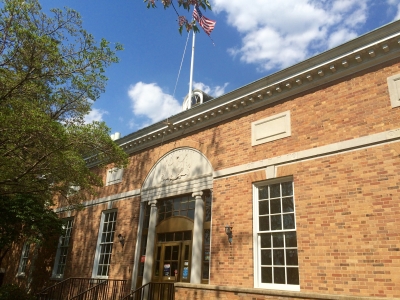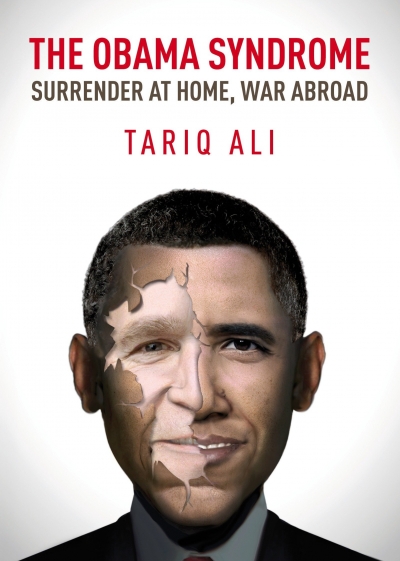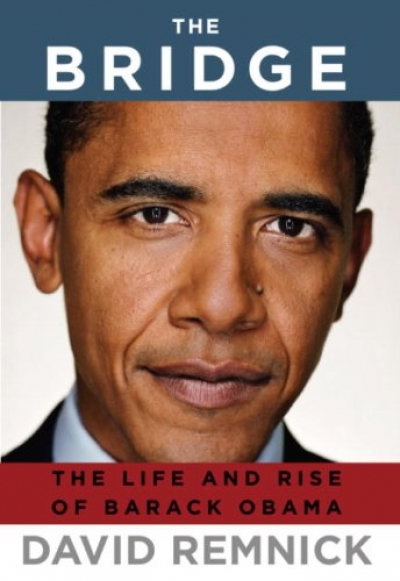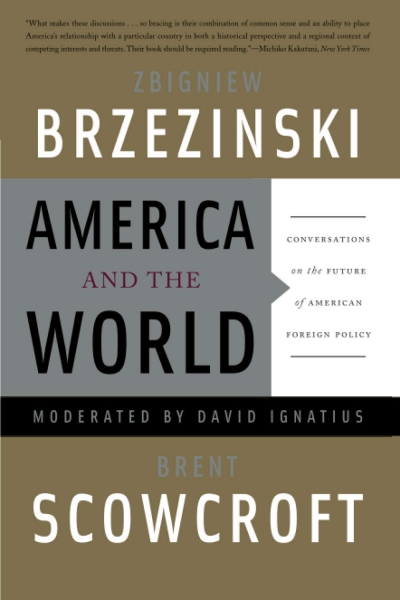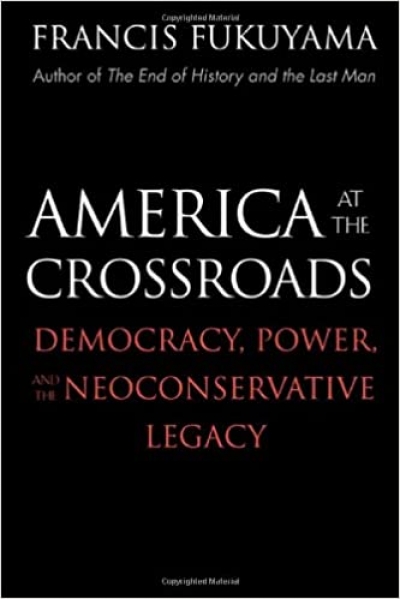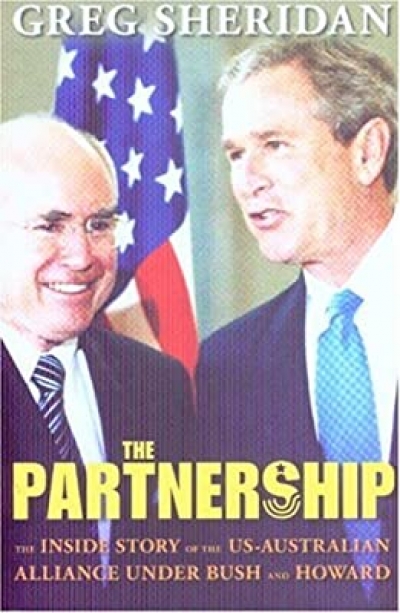US Politics
The Princeton Post Office, as befits this famed university town, has a certain grandeur. It is small – Princeton is a village after all – and modest in its proportions, but grand in aspiration. As you step through its panelled doors your gaze is drawn by the long parade of milk-glass and bronze lights towards the mural that adorns the far wall. Like the White House murals, it is lofty, but almost domestic in its depictions of American history, American hope, American mythology.
... (read more)The Politics of Prisoner Abuse: The United States and Enemy Prisoners after 9/11 by David P. Forsythe
The Obama Syndrome: Surrender at Home, War Abroad by Tariq Ali
Immediately after the mid-term elections in November, Barack Obama left for a long-planned G20 gathering in Seoul and for meetings with heads of government in the nation states of India, Indonesia, and Japan. Nothing remarkable, you think? Exactly what one expects a United States president to do? Not in America.
The right-wing blogosphere went berserk. Miche ...
The Bridge: The life and rise of Barack Obama by David Remnick
America and the World: Conversations on the future of American foreign policy by Zbigniew Brzezinski and Brent Scowcroft, moderated by David Ignatius
After The Neocons by Francis Fukuyama & Ethical Realism by Anatol Lieven and John Hulsman
The Partnership: The inside story of the US–Australian Alliance under Bush and Howard by Greg Sheridan
The looter held a sign in one hand as he pushed a trolley overflowing with stolen goods in the other. His sign read, ‘Thank you, Mr Bush’. It was not, I suppose, the kind of gratitude George W. Bush had expected. The next day’s looting was not likely to raise a smile: private homes, great museums, and hospitals were ransacked. Vigilantes exercised rough and sometimes cruel justice. There will be worse to come when mobs catch Saddam Hussein’s brutal functionaries. Again, we will be reminded that oppression does not even make people noble, let alone good.
... (read more)
